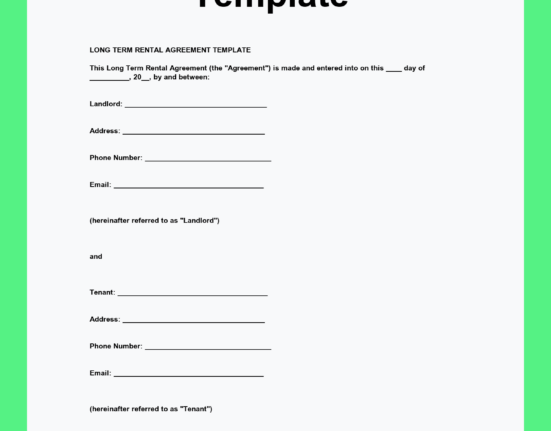Every day in Nigeria, the hustle and bustle of over 33 million instant transfers paint a vibrant picture of financial transactions cutting across various aspects of life, from purchasing fuel and airtime to settling rent payments. These transactions are more than just numbers moving from one account to another; they narrate individual stories – your spending habits, income flow, and financial reliability. However, until recently, these stories remained fragmented within closed systems: banks hoarding data, e-wallets replicating it, and fintech companies rebuilding it independently.
But then came the Central Bank of Nigeria’s groundbreaking initiative – Open Banking. This innovative framework challenges the traditional notion by asserting that your financial data is your rightful possession. With your consent, any authorized service provider can leverage this data to tailor services that cater specifically to your needs. It’s a game-changer that benefits everyone involved.
“Open Banking introduces a new era where customers have greater control over their financial information,”
says an industry expert.
“This shift not only empowers individuals but also promotes competition and innovation in the financial sector.”
The primary beneficiaries of this revolution are everyday consumers who were previously tied down to a single institution holding their complete financial history captive. Now liberated from these constraints, individuals can freely navigate between service providers, compare offerings, and opt for solutions that best suit their requirements.
Moreover, Open Banking paves the way for developers who no longer need to navigate complex data sharing restrictions. By tapping into standardized APIs (Application Programming Interfaces), developers can expedite the creation of innovative solutions without wasting time on deciphering statements or reinventing the wheel.
“Banks that swiftly adapt to Open Banking principles stand to gain significant advantages,”
notes a finance analyst.
“By embracing API exposure, traditional banking institutions can transform into versatile platforms that extend their reach beyond conventional boundaries.”
At its core, Open Banking transcends mere modernization; it fosters inclusivity by making financial services more accessible and responsive to a broader spectrum of users. From entrenched siloed practices riddled with workarounds emerges a robust system capable of scalable solutions designed to meet evolving needs effectively.
The implementation of Open Banking ushers in an array of tangible benefits:
– **Enhanced Credit Accessibility**: Through secure access to banking transaction records provided by customers themselves, lenders can make informed decisions swiftly without demanding excessive collateral or resorting to exorbitant interest rates.
– **Collaborative Fraud Prevention**: Real-time sharing of fraud alerts among various service providers enables swift identification and mitigation strategies against fraudulent activities across multiple channels.
– **Seamless Direct Debits**: With reusable direct debit mandates linked directly to individual identities rather than specific accounts or devices ensures hassle-free management of recurring payments with enhanced security features like two-factor authentication.
However impressive these advancements may seem, getting regulatory frameworks right remains paramount for sustainable progress in adopting Open Banking practices. Drawing upon lessons learned from other nations’ experiences like the UK where governance challenges hampered initial adoption or Brazil facing hurdles due to security apprehensions surrounding APIs quality irregularities provides valuable insights for Nigeria’s journey towards effective regulation enforcement.
“Nigeria has laid out comprehensive guidelines detailing consent protocols ensuring security measures are stringent enough while maintaining operational reliability,”
highlights a regulatory compliance specialist. “While structures appear robust on paper true success hinges on consistent adherence from all stakeholders coupled with prompt regulatory responses towards non-compliance instances.”
Indeed, the most significant peril lies in squandering this transformative opportunity offered by Open Banking initiatives.. A concerted effort is imperative toward constructing resilient infrastructures capable of fostering trust and interoperability at each level.”
For instancea recent example is eNaira’s lackluster reception attributed partly due toutilizing customer hesitation resulting causedby misaligned value propositions.fundamental understanding gap among end-users regarding its utility difficulty graspingits intrinsic value depicting lacklustre market penetration rate.
Should concerns such as unreliable APIs substandard posing threats topersonal data privacy persist undisclosed data farming practiced under novel guises gain traction momentum surrounding adoption trajectory inevitably falters Thus reinforcingimperative carefully construct fast-track development pathway facilitating emergenceinnovative financially inclusive products offering heightened safety standards
As api landscapes evolve opportunities continue broaden beckoning proactive engagement instigating pivotal actions remain squarely within our grasp









Leave feedback about this